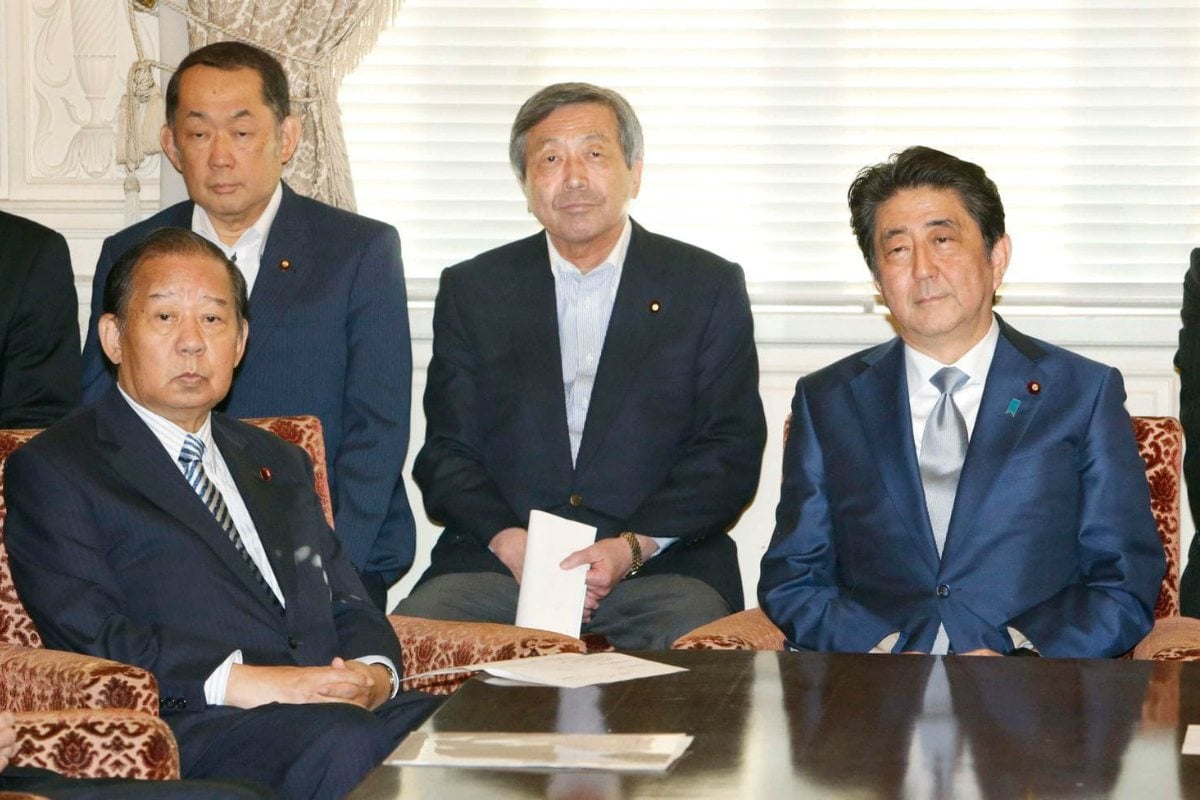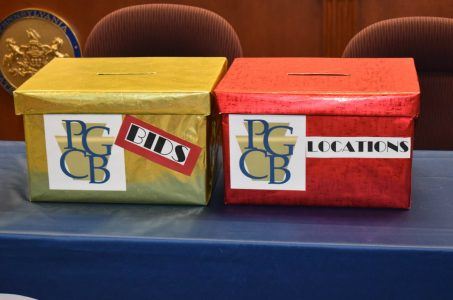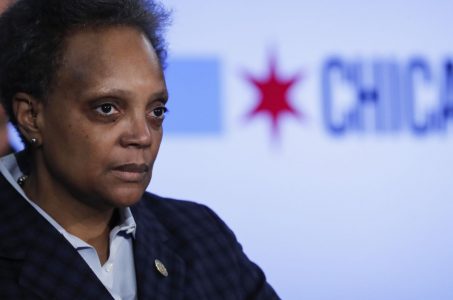Japan Casino Administration Committee Powers Unveiled, Regulatory Nominees Coming Soon
Posted on: August 2, 2019, 09:24h.
Last updated on: August 2, 2019, 01:53h.
The Japan Casino Administration Committee will be the primary regulatory agency for the federal government’s forthcoming commercial gaming industry, and details on what specific responsibilities the group will be tasked with are emerging.

Inside Asian Gaming says the four-member committee will be in charge of “casino licensing and operator oversight.” The agency will be responsible for monitoring the three integrated casino resorts and making sure that no illicit activities are occurring at the multi-billion-dollar properties.
That committee will additionally be accountable for assuring the government that each casino licensee has adequate programs to combat gambling addiction, and any other antisocial consequences the casinos might bring. The administration will have the power to issue fines and suspensions against casinos and any third-party businesses found to be in violation of a regulatory condition.
The National Diet – Japan’s version of the US Congress – is expected to finalize in the coming months the licensing process and subsequent gaming laws that the Casino Administration Committee will enforce.
License Conditions
The Diet is drafting the Fundamental Policy that will be used as guidelines for determining which three casino proposals to approve. The policy will provide the mandatory criteria a bid must satisfy in order for consideration.
Casino operators are partnering with prefectures – as well as local companies – to collectively bid the federal government for licensure.
Las Vegas Sands and MGM Resorts are considered the odds-on favorites for two of the operating permits. But bids are expected from other major world casino players, including Melco Resorts, Wynn Resorts, Caesars Entertainment, Hard Rock, Galaxy Entertainment, and SJM Holdings.
Osaka is the front-runner for the first casino, or so says MGM Resorts CEO Jim Murren. Other host prefectures candidates are Yokohama, Wakayama, Nagasaki, Hokkaido, and Kanagawa.
Lawmakers are chiefly concerned with satisfying the public that legalizing the commercial casinos is in the best interest of the country. Operators will be smart to stress their problem gambling safeguards, which will likely be a key condition of the Fundamental Policy.
Security is another grave concern that must be addressed. James Stern, the former Wynn Resorts security chief who left the company in April to form his own firm called Global Gaming & Resort Security, says the casino resorts will be prime targets for the yakuza gangs.
Though casinos are unpopular among the general public, Prime Minister Shinzo Abe’s controlling Liberal Democratic Party secured a Diet majority in the upper house last month. The Japanese leader sees casinos as a way to diversify the country and make it a more tourism-oriented destination.
What We Know
The initial regulatory structure for the casinos requires Japanese residents to pay a ¥6,000 (US $56) entrance fee to gain access to the gaming floor. The toll is an effort to make sure those who can’t afford to be gambling have a tougher time sitting down at a slot machine or table game.
Casinos will see 30 percent of their gross gaming revenue go to taxes.
Analysts predict Japan’s three casinos will quickly become the second-largest casino market in terms of revenue, behind China’s Macau. Morgan Stanley predicts GGR will hit $15 billion annually once the resorts are completed and fully opened.
Related News Articles
Connecticut Satellite Casino Blueprint Leaves Some Locals Underwhelmed
Most Popular
LOST VEGAS: The Foster Brooks Robot at MGM Grand
Bally’s Sets Date for Tropicana Las Vegas Implosion & Party
Most Commented
-
VEGAS MYTHS RE-BUSTED: You Don’t Have to Pay Resort Fees
— August 2, 2024 — 16 Comments -
VEGAS MYTHS RE-BUSTED: Elvis Was a Straight-Up Racist
— August 9, 2024 — 11 Comments -
ANTI-SOCIAL BEHAVIOR: Vegas Casino Buffet Stunt in Poor Taste Goes Viral
— August 16, 2024 — 7 Comments -
VEGAS MYTHS RE-BUSTED: The Strip Tried Appealing to Families and Failed
— August 23, 2024 — 7 Comments
















No comments yet